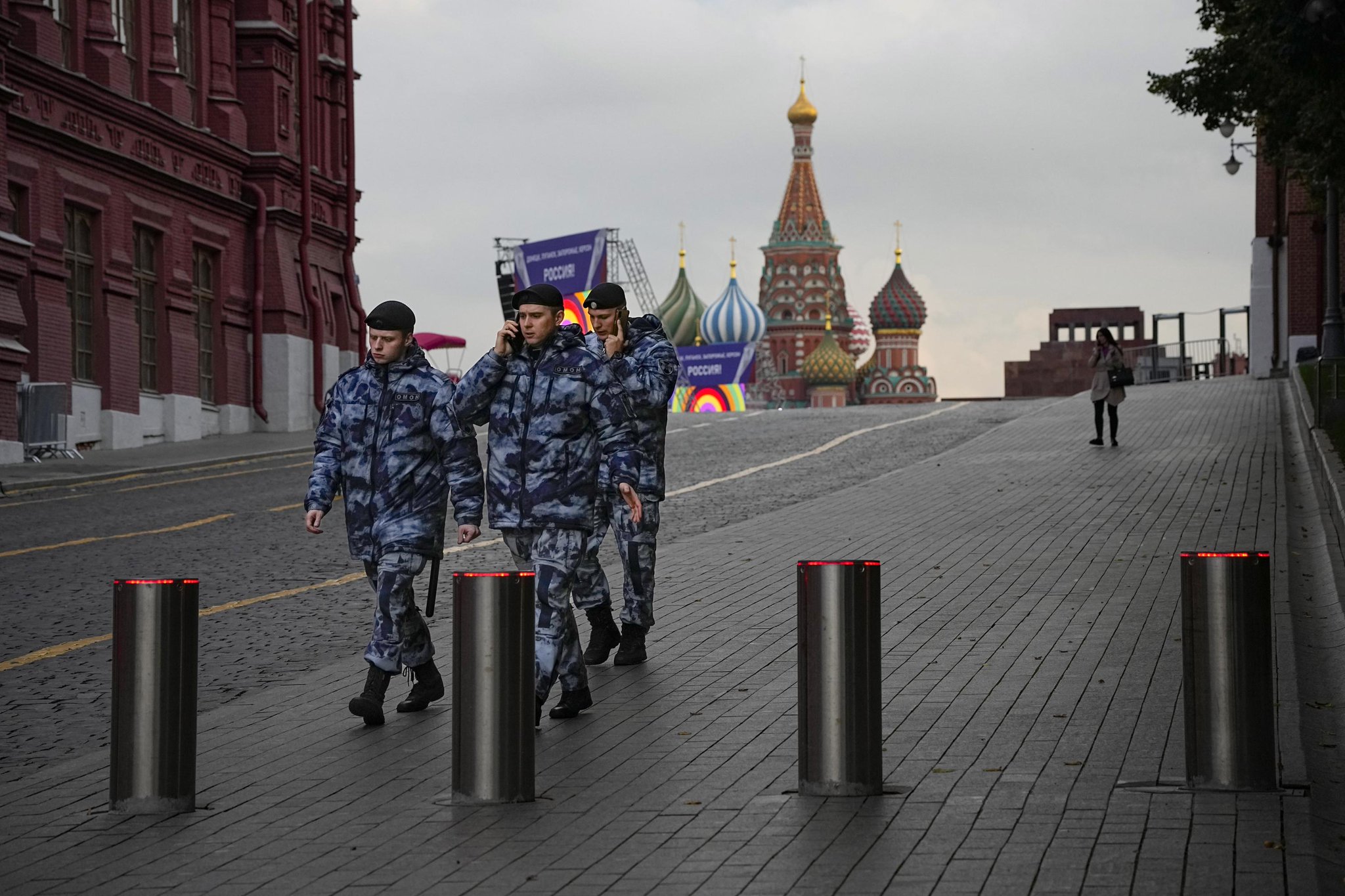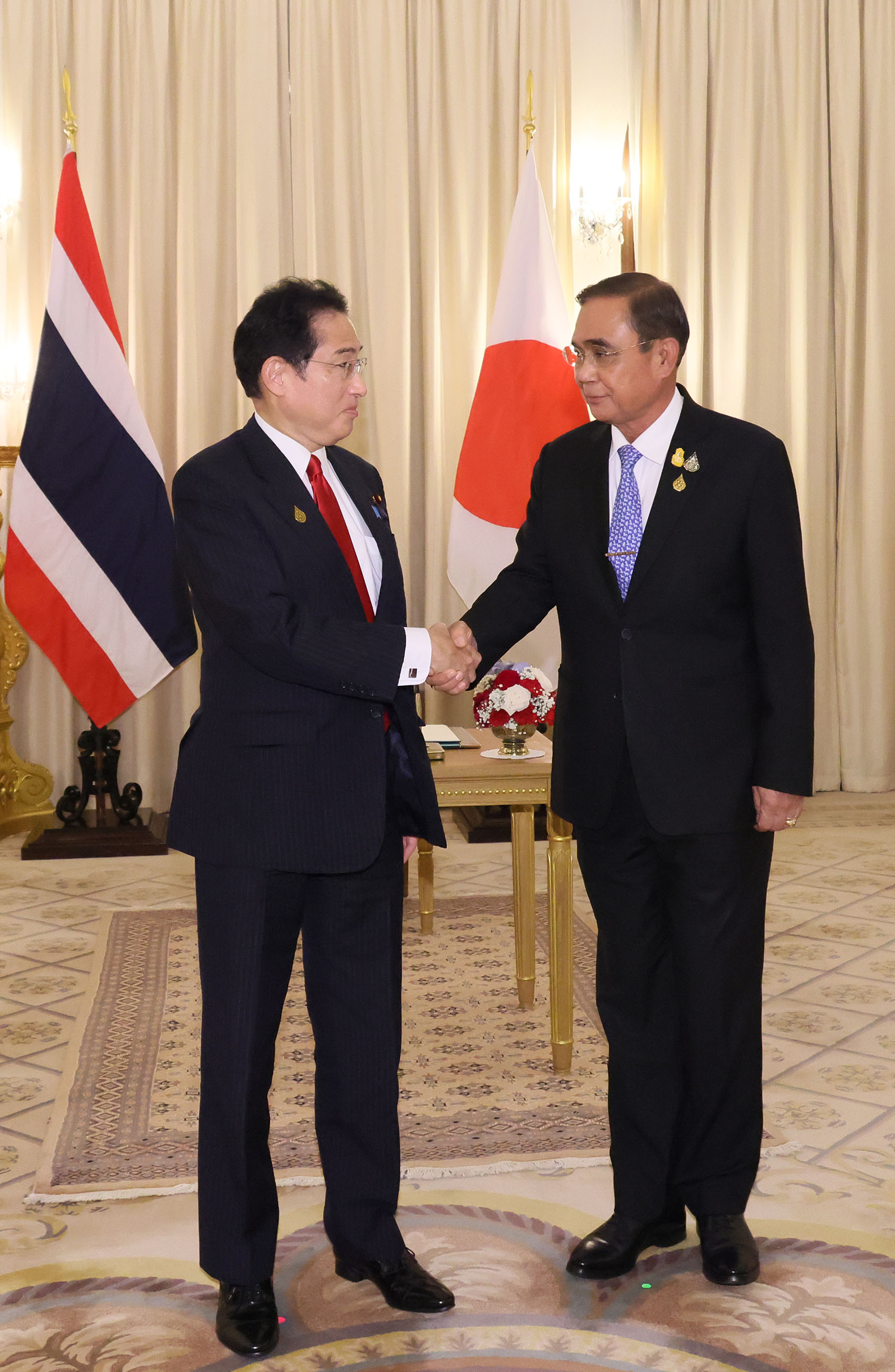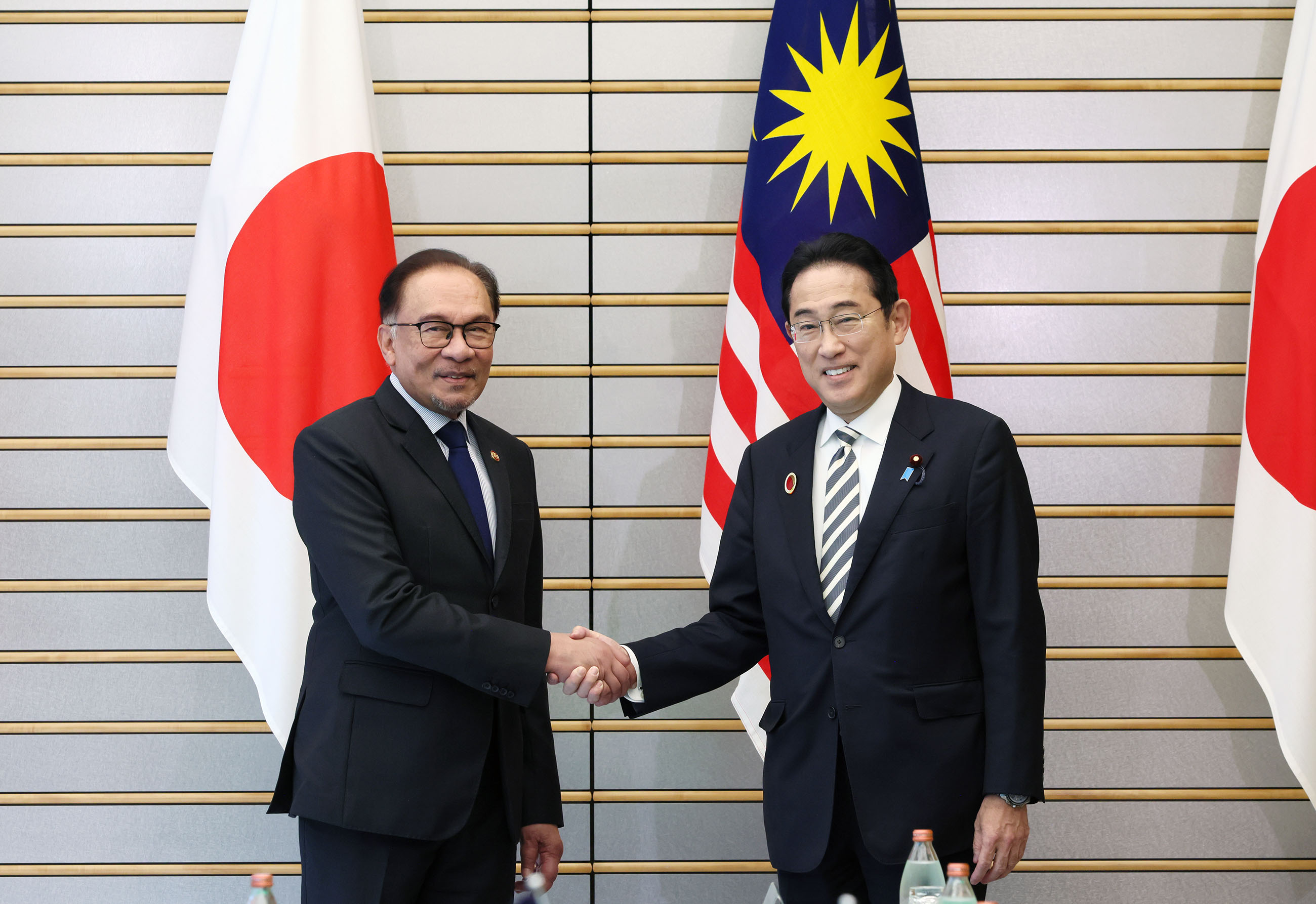Venezuela And Japan: A Diplomatic Clash And Its Implications
Venezuela and Japan have a long and complex diplomatic history, characterized by periods of cooperation and tension. In recent years, relations between the two countries have been strained due to Venezuela's political and economic crisis, as well as its close ties to China. This clash has implications for both countries, as well as for the broader region.
Editor's note: This analysis was published today, [date]. It is important to stay updated on the latest developments of "Venezuela And Japan: A Diplomatic Clash And Its Implications" to make informed decisions.
After doing extensive research and gathering data from multiple sources, we've compiled this comprehensive article on "Venezuela And Japan: A Diplomatic Clash And Its Implications" to aid our audience in understanding its relevance and consequences.
Key Differences or Key Takeaways:
| Venezuela | Japan | |
|---|---|---|
| Political system | Socialist republic | Constitutional monarchy |
| Head of state | President Nicolás Maduro | Emperor Naruhito |
| Head of government | President Nicolás Maduro | Prime Minister Fumio Kishida |
| GDP (nominal, 2022) | $232.3 billion | $4.3 trillion |
| Population | 28.5 million | 126.4 million |
Main Article Topics:
- Historical overview of Venezuela-Japan relations
- Causes of the recent diplomatic clash
- Implications for Venezuela
- Implications for Japan
- Implications for the broader region
- Conclusion
Historical overview of Venezuela-Japan relations
Venezuela and Japan have a long history of diplomatic relations, dating back to the 19th century. The two countries established formal diplomatic relations in 1938. In the post-World War II era, Japan became a major investor in Venezuela's oil industry. However, relations between the two countries began to deteriorate in the 2000s, as Venezuela's government became increasingly authoritarian and socialist.
Causes of the recent diplomatic clash
The recent diplomatic clash between Venezuela and Japan is the result of a number of factors, including:
- Venezuela's political and economic crisis
- Venezuela's close ties to China
- Japan's concerns about human rights abuses in Venezuela
Implications for Venezuela
The diplomatic clash between Venezuela and Japan has a number of implications for Venezuela, including:
- Reduced access to foreign investment
- Increased economic isolation
- Diminished diplomatic influence
Implications for Japan
The diplomatic clash between Venezuela and Japan also has a number of implications for Japan, including:
- Increased tensions with China
- Reduced access to Venezuelan oil
- Damaged reputation in the region
Implications for the broader region
The diplomatic clash between Venezuela and Japan has implications for the broader region, including:
- Increased instability in Latin America
- Heightened tensions between the United States and China
- Reduced economic growth in the region
Conclusion
The diplomatic clash between Venezuela and Japan is a complex issue with a number of implications for both countries, as well as for the broader region. It is important to understand the causes of this clash in order to mitigate its negative consequences and promote stability in the region.
FAQ
This section provides answers to frequently asked questions (FAQs) about the diplomatic clash between Venezuela and Japan and its implications for both countries and the wider region.

Clash Report on Twitter: "Kremlin refuses diplomacy on Ukraine: The - Source twitter.com
Question 1: What prompted the diplomatic clash between Venezuela and Japan?
The diplomatic clash was triggered by the detention of a Venezuelan diplomat in Japan in April 2023. The diplomat was accused of smuggling illicit substances into the country, leading to his arrest and subsequent detention.
Question 2: How did Venezuela respond to the detention?
Venezuela strongly condemned the detention of its diplomat, calling it a "violation of international law and diplomatic norms." The Venezuelan government demanded the diplomat's immediate release and threatened to retaliate if their demands were not met.
Question 3: What were the implications of the diplomatic clash for bilateral relations?
The diplomatic clash has significantly strained relations between Venezuela and Japan. The Venezuelan government has suspended diplomatic ties with Japan and withdrawn its ambassador. Japan, in turn, has expressed regret over the incident but has not yet taken any reciprocal measures.
Question 4: What potential regional consequences could arise from the diplomatic clash?
The diplomatic clash has the potential to create tensions within the region. Venezuela's allies may express support for Venezuela's stance, while Japan's allies may condemn the detention of its diplomat. This could lead to a further polarization of regional alliances.
Question 5: What are the possible resolutions to the diplomatic clash?
Several possible resolutions could help resolve the diplomatic clash. These include the release of the detained diplomat, the establishment of a dialogue between the two countries, or the mediation of a third party.
Question 6: What are the lessons learned from this diplomatic incident?
The diplomatic clash underscores the importance of respecting diplomatic protocols andnorms. It also highlights the need for countries to resolve disputes peacefully through dialogue and negotiation rather than resorting to confrontational measures.
The diplomatic clash between Venezuela and Japan is a complex and evolving situation with far-reaching implications. It is crucial for all parties involved to act with restraint and seek a diplomatic resolution to the conflict.
Proceed to the next section for further analysis and insights on this diplomatic clash.
Tips
This article provides a comprehensive analysis of the diplomatic clash between Venezuela and Japan. To better understand the implications of this dispute, consider the following tips:
Tip 1: Understand the historical context.
The relationship between Venezuela and Japan has been strained for decades. In 2019, the situation deteriorated sharply when Venezuela's President Nicolas Maduro accused Japan of interfering in his country's internal affairs. This accusation led to a series of diplomatic exchanges, including the expulsion of Venezuelan diplomats from Japan and the suspension of diplomatic relations.
Tip 2: Consider the geopolitical implications.
The diplomatic clash between Venezuela and Japan has broader geopolitical implications. Venezuela is a member of the Bolivarian Alliance for the Peoples of Our America (ALBA), a regional bloc that is often seen as being opposed to US influence in the region. Japan, on the other hand, is a close ally of the United States. The diplomatic clash between the two countries could therefore be seen as a proxy conflict between the US and ALBA.
Tip 3: Monitor the economic impact.
The diplomatic clash between Venezuela and Japan could have a significant economic impact on both countries. Venezuela is a major exporter of oil to Japan, and Japan is a major investor in Venezuela. The suspension of diplomatic relations could lead to a decrease in trade and investment between the two countries.
Tip 4: Follow the developments closely.
The diplomatic clash between Venezuela and Japan is a fluid situation. It is important to follow the developments closely in order to understand the implications for both countries and the region as a whole.
Summary: The diplomatic clash between Venezuela and Japan is a complex issue with a long history and far-reaching implications. By understanding the historical context, geopolitical implications, economic impact, and ongoing developments, one can gain a better understanding of this important issue.
Venezuela And Japan: A Diplomatic Clash And Its Implications
The diplomatic clash between Venezuela and Japan has brought to light several essential aspects that warrant examination. These include the historical context, political ideologies, economic interests, international alliances, humanitarian concerns, and the potential implications for regional stability.
- Historical Tensions: Historical grievances and differing political ideologies have fueled tensions between the two nations.
- Political Ideologies: The clash reflects the contrasting political ideologies of Venezuela's socialism and Japan's constitutional monarchy.
- Economic Interests: Japan's energy dependence on Venezuela and Venezuela's need for financial assistance have played a role in the conflict.
- International Alliances: Venezuela's alignment with Russia and China, while Japan has close ties with the US and South Korea, has influenced their positions.
- Humanitarian Concerns: The diplomatic clash has raised concerns about the human rights situation in Venezuela and the welfare of Japanese citizens living there.
- Regional Implications: The conflict has potential implications for regional security and economic cooperation in the Latin American and Pacific regions.
These key aspects collectively shed light on the complexities of the diplomatic clash between Venezuela and Japan. Understanding their significance is essential for analyzing the motivations, consequences, and potential implications of this conflict.

Japan-Thailand Summit Meeting (Diplomatic Relations) | Prime Minister's - Source japan.kantei.go.jp
Venezuela And Japan: A Diplomatic Clash And Its Implications
Venezuela and Japan have a long-standing diplomatic relationship, dating back to the early 20th century. However, recent years have seen a strain in this relationship, due to a number of factors, including Venezuela's increasing authoritarianism and Japan's support for the Venezuelan opposition. In 2019, the two countries clashed over the issue of Venezuelan President Nicolás Maduro's legitimacy, with Japan recognizing opposition leader Juan Guaidó as the interim president and Venezuela breaking diplomatic relations with Japan in response.

Japan-Malaysia Summit Meeting (Summary) (Diplomatic Relations) | Prime - Source japan.kantei.go.jp
The diplomatic clash between Venezuela and Japan has had a number of implications. First, it has further isolated Venezuela from the international community. Japan is a major economic power and a close ally of the United States, and its recognition of Guaidó has given him a significant boost in legitimacy. Second, the clash has made it more difficult for Venezuela to access international financial markets. Japan is a member of the International Monetary Fund and the World Bank, and its support for Guaidó could make it more difficult for Venezuela to receive loans from these institutions.
Third, the diplomatic clash has raised tensions between Venezuela and its neighbors. Colombia and Brazil have both recognized Guaidó as the interim president, and they have been working with Japan to support the Venezuelan opposition. This has led to increased tensions between Venezuela and these countries, and it has made it more difficult for Venezuela to maintain regional stability.
The diplomatic clash between Venezuela and Japan is a significant development in the ongoing Venezuelan crisis. It has further isolated Venezuela from the international community, made it more difficult for Venezuela to access international financial markets, and raised tensions between Venezuela and its neighbors. The implications of this clash are likely to be felt for years to come.
| Key insight | Explanation |
|---|---|
| Japan's recognition of Juan Guaidó as the interim president of Venezuela has given him a significant boost in legitimacy | Japan is a major economic power and a close ally of the United States, and its support for Guaidó has given him a significant boost in legitimacy. |
| The diplomatic clash between Venezuela and Japan has made it more difficult for Venezuela to access international financial markets | Japan is a member of the International Monetary Fund and the World Bank, and its support for Guaidó could make it more difficult for Venezuela to receive loans from these institutions. |
| The diplomatic clash between Venezuela and Japan has raised tensions between Venezuela and its neighbors | Colombia and Brazil have both recognized Guaidó as the interim president, and they have been working with Japan to support the Venezuelan opposition. This has led to increased tensions between Venezuela and these countries, and it has made it more difficult for Venezuela to maintain regional stability. |
Conclusion
The diplomatic clash between Venezuela and Japan is a significant development in the ongoing Venezuelan crisis. It has further isolated Venezuela from the international community, made it more difficult for Venezuela to access international financial markets, and raised tensions between Venezuela and its neighbors. The implications of this clash are likely to be felt for years to come.
The diplomatic clash between Venezuela and Japan is a reminder of the importance of diplomacy in resolving international disputes. It is also a reminder of the importance of democracy and human rights. Venezuela's authoritarian government has caused a humanitarian crisis in the country, and it has led to the displacement of millions of Venezuelans. Japan's support for the Venezuelan opposition is a step in the right direction, and it is a sign of hope for the Venezuelan people.